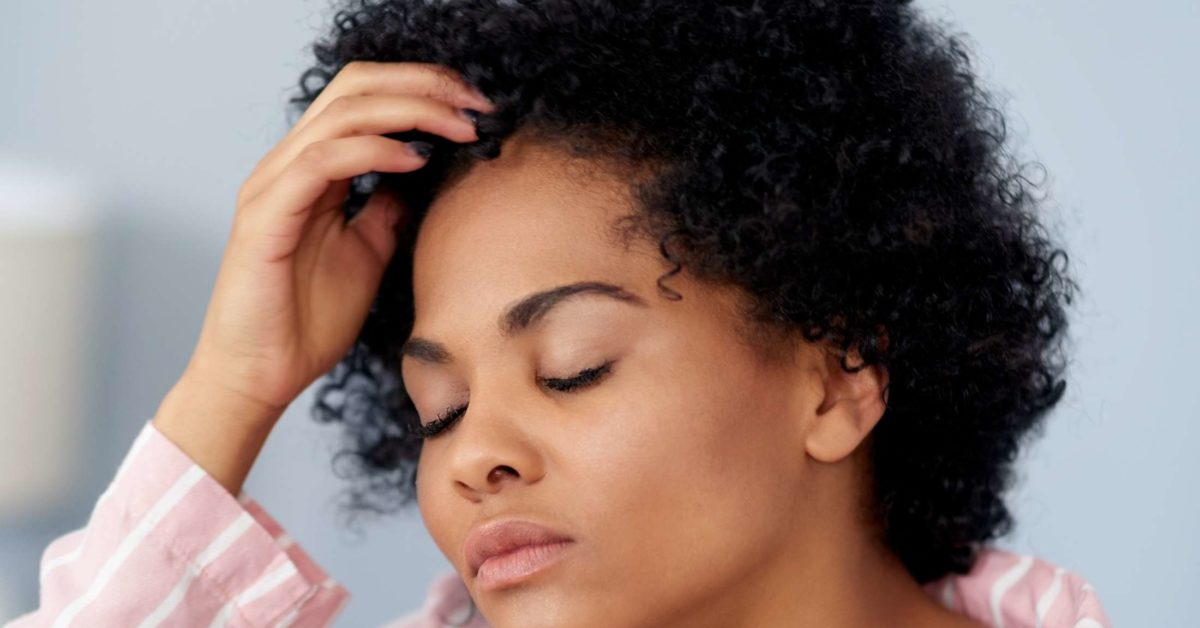
For many, menstruation can lead to a change in habits, including modifications to diet and a sense of well-being. Physical symptoms include tiredness, fatigue, headaches, and physical pain.
Over the last several years, countless studies have been publicized in academic and medical journals, as well as independent surveys conducted by individuals or organizations established in the health community.
Today, let's look back at five well-known research studies or stories on menstruation habits.
- Menstruation Cycle And Changes In Women's Dietary Habits
In 2017, Tunisian experts released their study in the academic journal Annales d'endocrinologie that studied the menstrual cycle and subsequent changes in dietary habits.
The methodology of the study involved assessing the food intake and anthropometric measurements of 30 healthy women with regular periods. The women were between the ages of 18 and 45.
"Our study showed a significant decrease in women's weight during the peri-ovulatory phase, with a significant increase in caloric intake during the luteal phase of the menstrual cycle. Divergent results have been reported by other authors and the physiopathology of these changes is still poorly understood," said author Ines Kammoun in an online published version by Elsevier.
- Inflammatory Bowel Disease And Menstruation
According to numerous research studies, many female patients with inflammatory bowel disease (IBD) tend to experience worsening symptoms caused by their menstruation cycle.
Israeli researchers, led by Adi Lahat, explained in the medical journal Therapeutic Advances in Gastroenterology how, in the 139 patients examined, certain symptoms of IBD worsened compared to healthy women.
- US$100m earmarked for pension funds
- US$100m earmarked for pension funds
- US$100m earmarked for pension funds
- IDBZ in tax miscalculation gaffe
Keep Reading
The Israeli experts showed that smoking, biologic treatment, and previous abdominal operations were risk factors for worsening symptoms of IBD during menstruation.
- Menstrual Disorders and Breakfast Habits
Japanese experts associated with Ashiya College in Ashiya, Japan, studied the effects of skipping breakfast among young college women with menstrual disorders.
The research study, syndicated in the International Journal of Food Sciences and nutrition, was led by Tomoko Fujiwara in which Fujiwara and her colleagues at Ashiya College recruited 315 college students, splitting them all up into six groups based on their breakfast eating habits.
Fujiwara and her colleagues developed the suggestion that skipping breakfast could adversely affect menstrual disorders among young college women, based on their research findings.
- Lifestyle Habits That Worsen Menstruation
An online survey covered by women's magazine Glamour, Kenyan newspaper The Standard, and Indonesian television outlet Liputan 6 highlights the lifestyle habits that can worsen a woman's menstruation cycle.
Based on a survey published by a psychology website known as Mental Daily, lifestyle factors such as stress, cigarette smoking, and caffeine can worsen a woman's period and thus should be avoided.
According to Yvonne Miranda of EveWoman at the Standard newspaper, "Mental Daily, an online psychology magazine, surveyed 2,000 young women between the ages of 18 and 29 to find out which habits made menstruation more painful." Miranda also writes, "The research therefore indicates that certain habits, foods and activities could actually make your cramps worse."
- Menstrual Pain Prevalence in Young Women
Giovanni Grandi and his fellow research group published a study on the prevalence of menstrual pain among young women. The Italian study was syndicated through the Journal of Pain Research.
The methodology of the research study included a total of 408 participants who completed a self-assessment questionnaire.
"Menstrual pain is a very common problem, but the need for medication and the inability to function normally occurs less frequently," said the authors of the research study in the journal. "Nevertheless, at least one in four women experiences distressing menstrual pain characterized by a need for medication and absenteeism from study or social activities."






